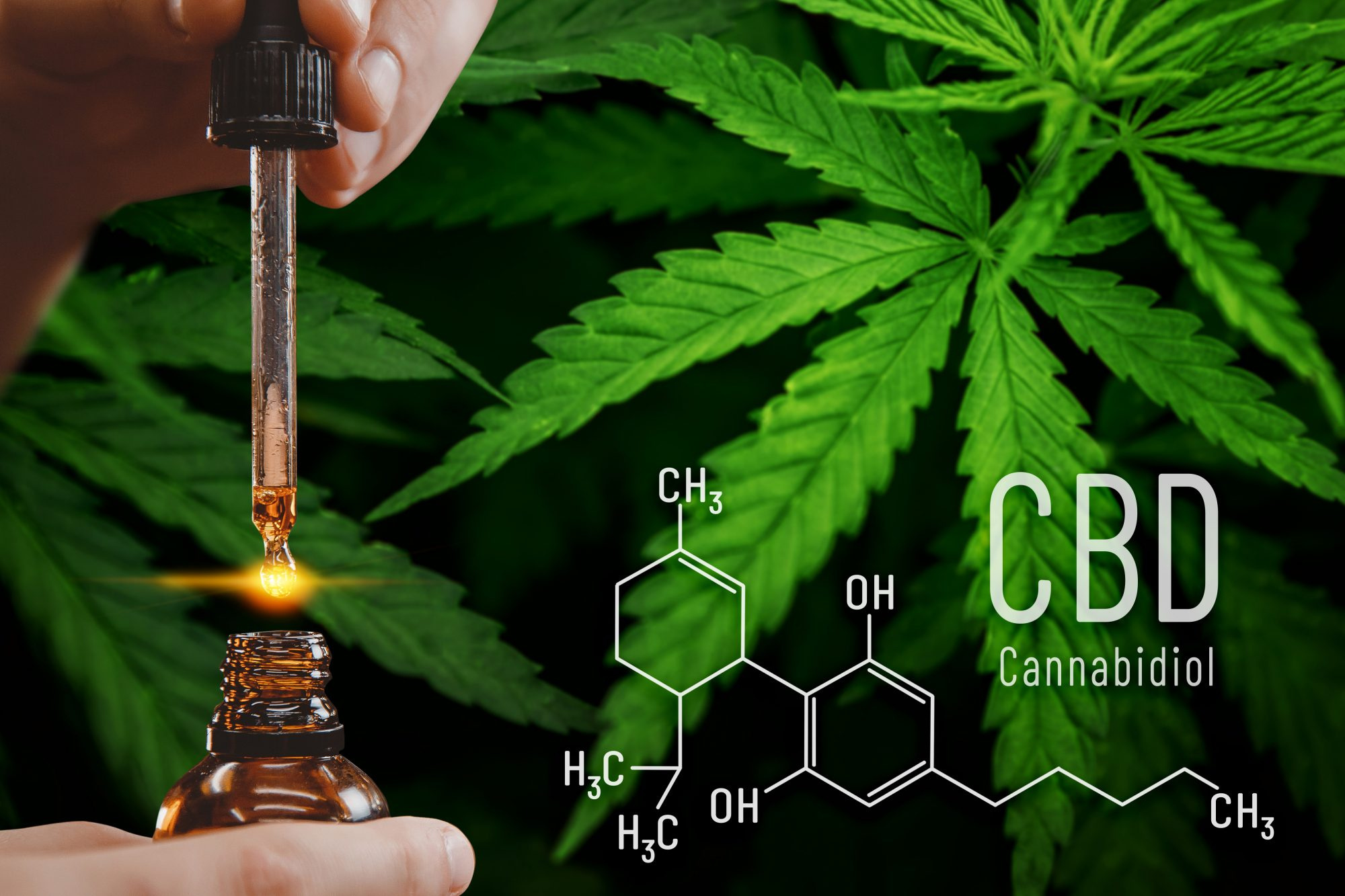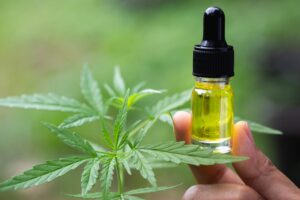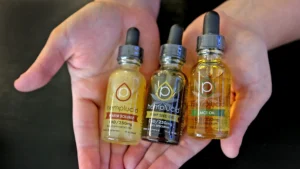Introduction
Cannabidiol, commonly known as CBD, has gained significant popularity in recent years for its potential health benefits and therapeutic properties. Derived from the hemp plant, CBD is often consumed in the form of oils, tinctures, capsules, and edibles. As users explore the world of CBD products, one important consideration is the shelf life of these products. How long does CBD oil stay good? In this comprehensive guide, we will delve into the factors that influence the shelf life of CBD oil, how to properly store it, signs of degradation, and tips to extend its longevity.
Understanding CBD Oil Shelf Life
The shelf life of CBD oil is influenced by various factors, including its ingredients, extraction method, packaging, and storage conditions. CBD oil typically contains CBD extract, a carrier oil (such as coconut oil or hemp seed oil), and sometimes additional flavorings. The quality of these components plays a significant role in determining how long the oil remains effective.
Factors Influencing CBD Oil Shelf Life
Extraction Method
The method used to extract CBD from the hemp plant can affect the oil’s longevity. CO2 extraction is considered one of the best methods, as it preserves the cannabinoids and terpenes while avoiding the use of harsh solvents.
Carrier Oil
The type of carrier oil used in CBD products can impact shelf life. High-quality carrier oils, like MCT oil or hemp seed oil, are less likely to go rancid quickly, extending the shelf life of the CBD oil.
Ingredients
Some CBD oils include additional ingredients like flavorings or natural additives. While these can enhance the product’s taste and benefits, they may also affect the overall stability and shelf life.
Packaging
The packaging of CBD oil is crucial in preventing exposure to light, air, and moisture, which can accelerate degradation. Dark-colored glass bottles with airtight seals are commonly used to protect the oil from these factors.
Storage Conditions
Proper storage is essential for maintaining the potency of CBD oil. Exposure to light, heat, and oxygen can degrade cannabinoids and reduce the oil’s effectiveness. Storing CBD oil in a cool, dark place, such as a pantry or refrigerator, can significantly extend its shelf life.
Signs of CBD Oil Degradation
Over time, CBD oil may degrade, leading to a reduction in its potency and effectiveness. Here are some common signs of CBD oil degradation:
Change in Color
If CBD oil changes color, becoming darker or cloudier, it may indicate that the oil is degrading. Fresh CBD oil is typically clear and golden.
Change in Smell or Taste
An unpleasant odor or a rancid taste can be indicators of CBD oil deterioration. High-quality CBD oil should have a mild, earthy aroma and a relatively neutral taste.
Loss of Effectiveness
As CBD oil degrades, its potency diminishes, and users may not experience the same level of benefits as before. If you notice a reduced effect, it could be due to oil degradation.
Extending CBD Oil Shelf Life
To ensure the longevity of your CBD oil, follow these tips
Choose High-Quality Products
Invest in reputable CBD brands that use quality ingredients and transparent manufacturing processes. High-quality CBD oils are less likely to degrade quickly.
Check the Expiry Date
Always check the expiration or “best by” date on the packaging. While CBD oil can remain potent for some time beyond this date, it’s a good reference point.
Proper Storage
Store your CBD oil in a cool, dark place, away from direct sunlight and heat sources. Some users choose to refrigerate their CBD oil, but be cautious of condensation that can occur when taking it in and out of the fridge.
Minimize Air Exposure
Oxygen exposure can lead to oxidation and degradation of CBD oil. Seal the bottle tightly after each use to minimize air contact.
Avoid Contamination
Ensure that the dropper or any other utensils that come into contact with the oil are clean and dry. Contaminants can accelerate oil degradation.
Keep it Upright
Store the CBD oil bottle upright to prevent any potential leaks or spills that could compromise the product’s quality.
Conclusion
CBD oil offers a wide range of potential health benefits, and its shelf life is a critical aspect to consider to maximize its effectiveness. While CBD oil can retain its potency for a considerable amount of time if properly stored, factors such as the quality of ingredients, extraction methods, packaging, and storage conditions all play pivotal roles in determining its longevity. By choosing high-quality products, following proper storage practices, and being vigilant for signs of degradation, users can ensure that their CBD oil remains effective and beneficial for an extended period. As the CBD market continues to evolve, staying informed about these factors will help users make the most out of their CBD oil experience.



